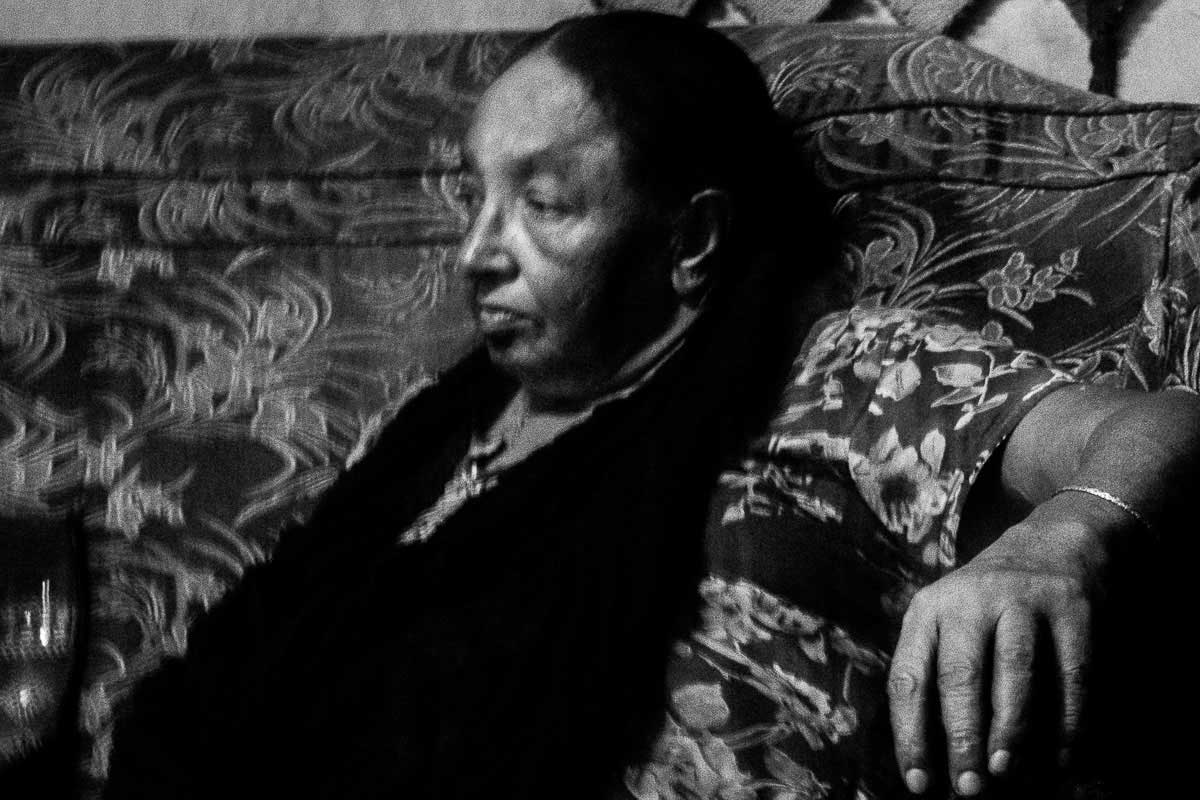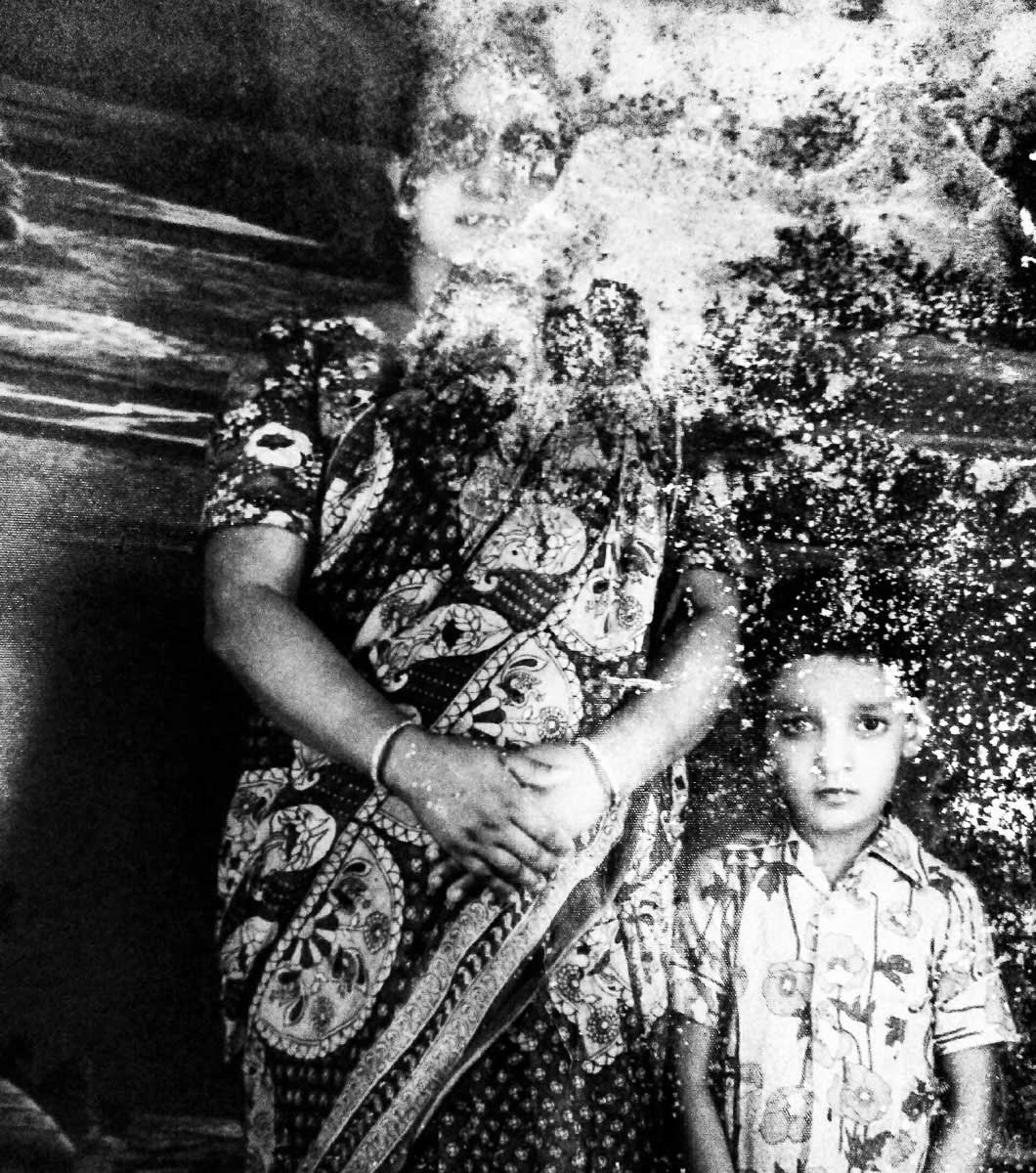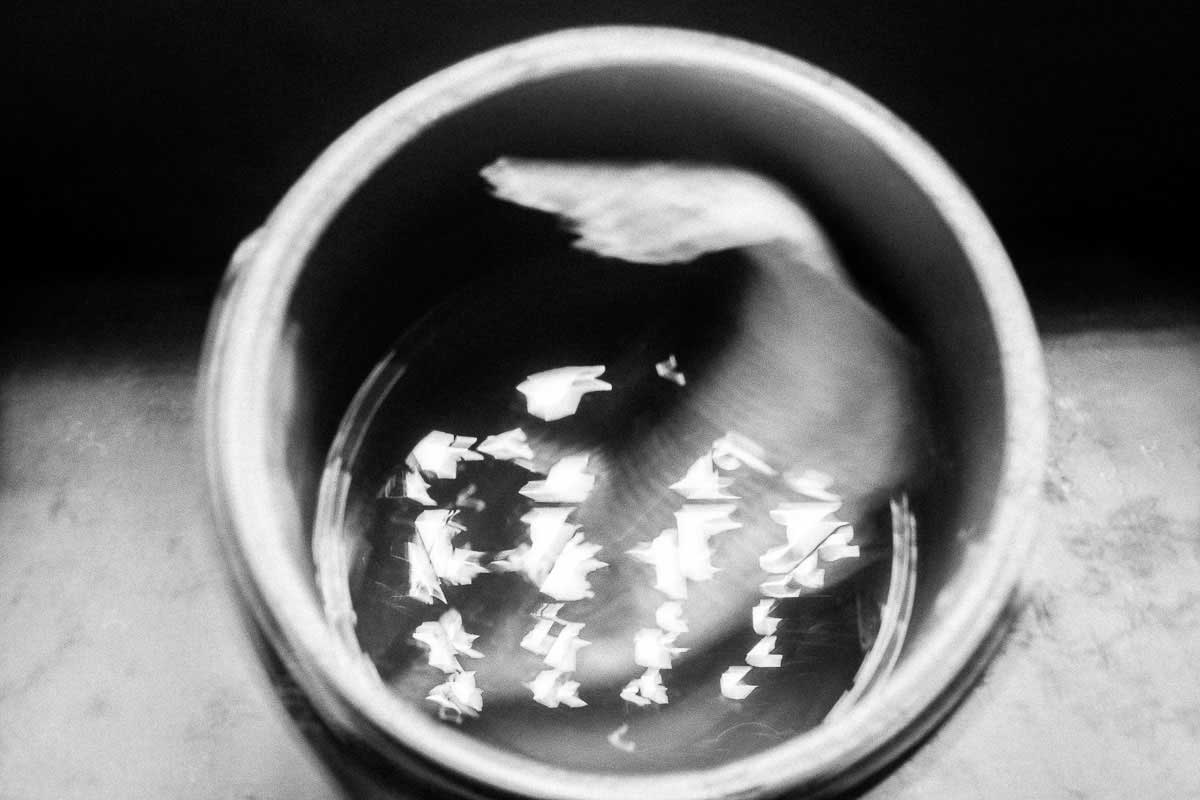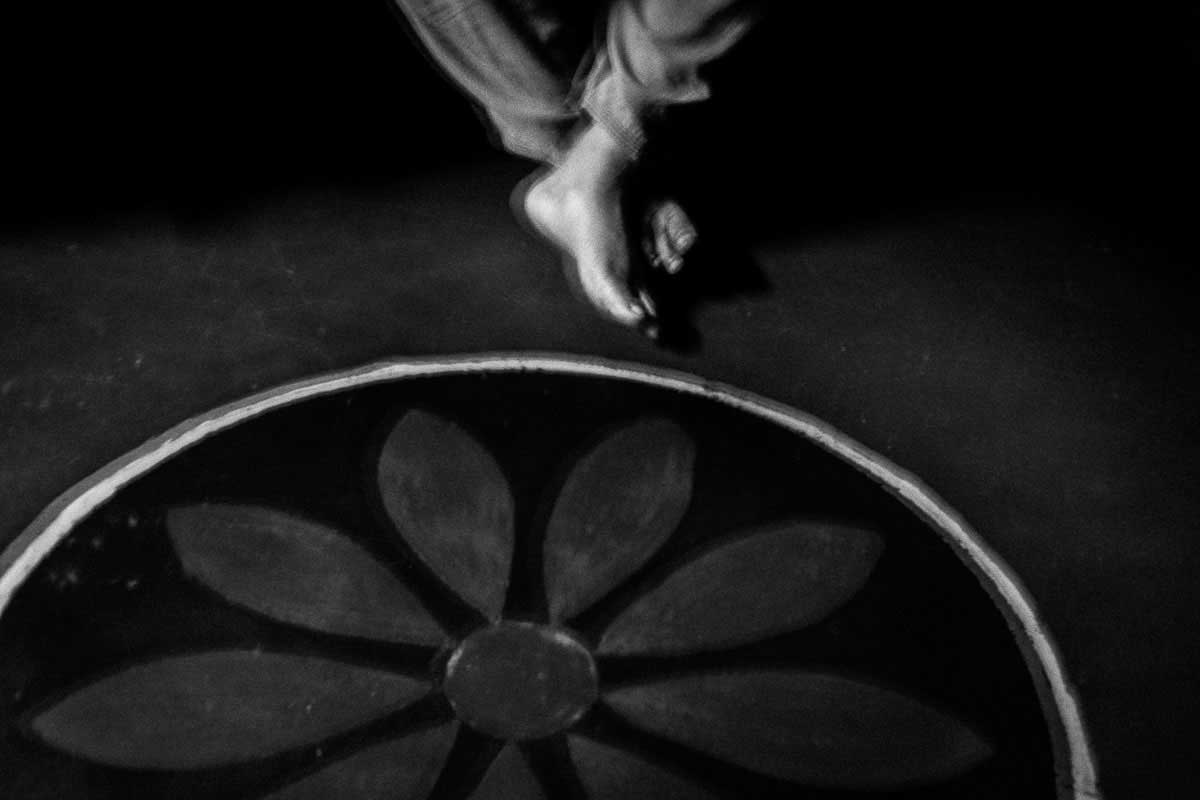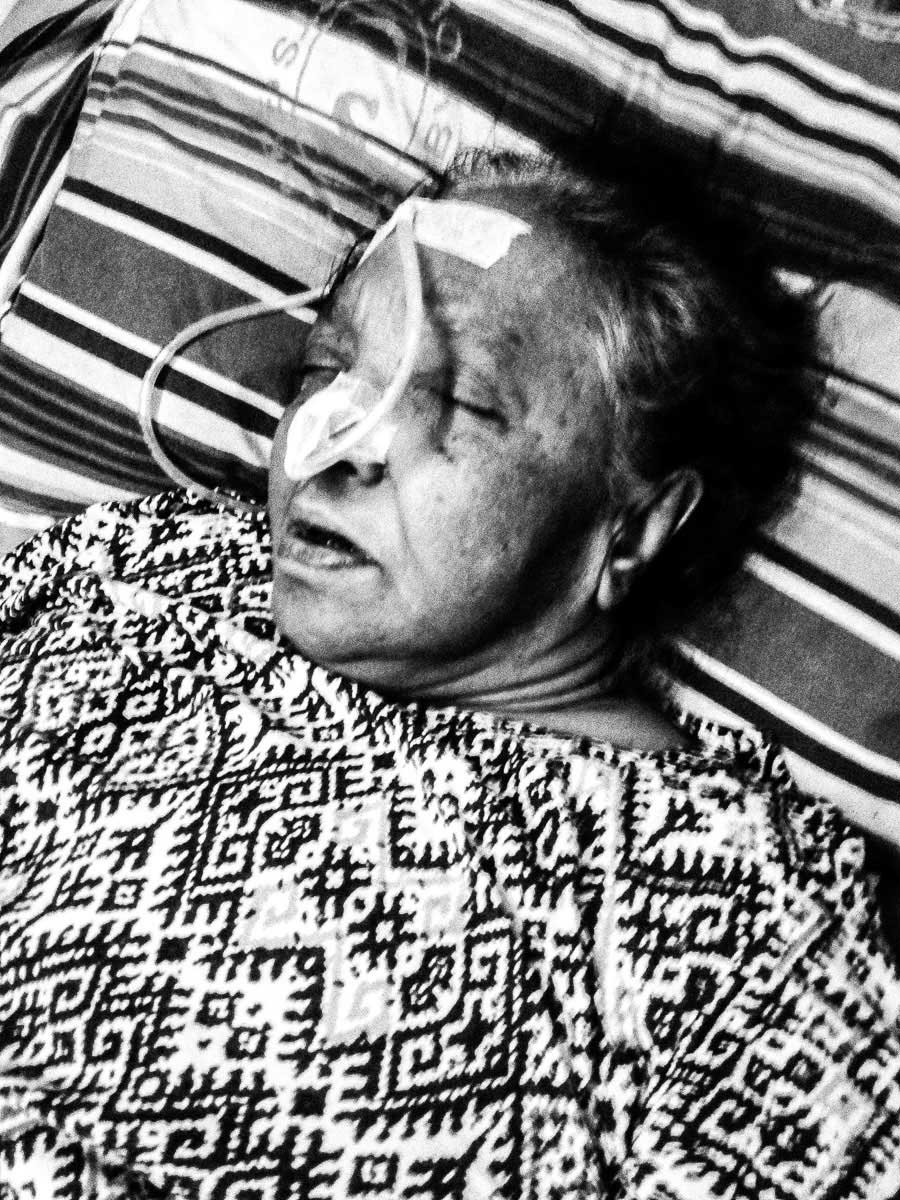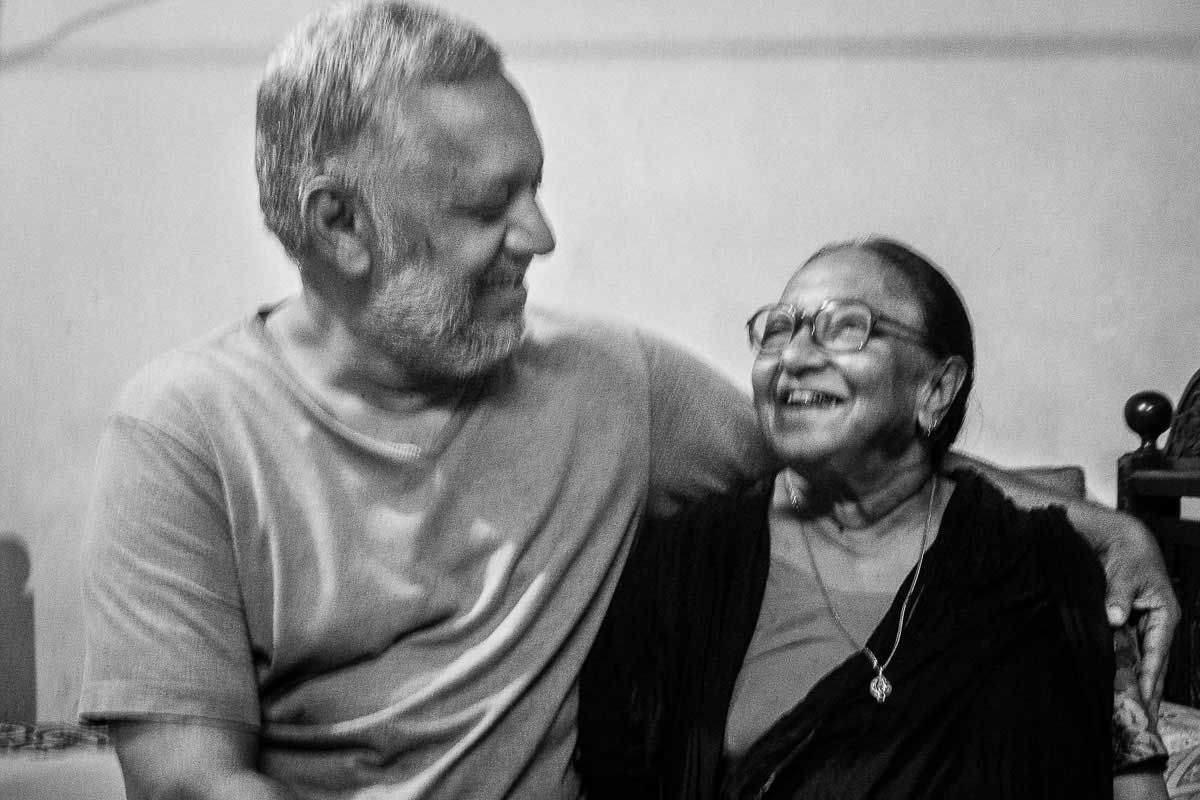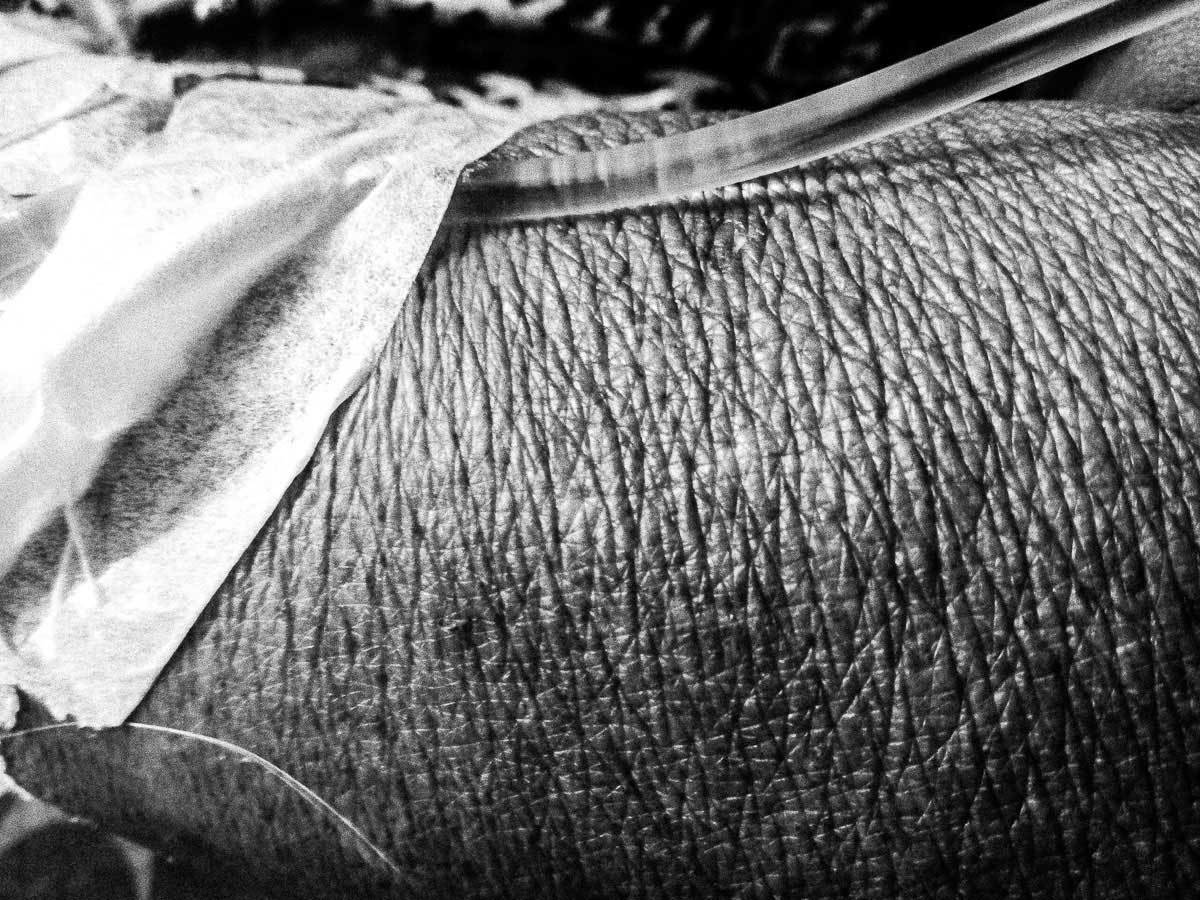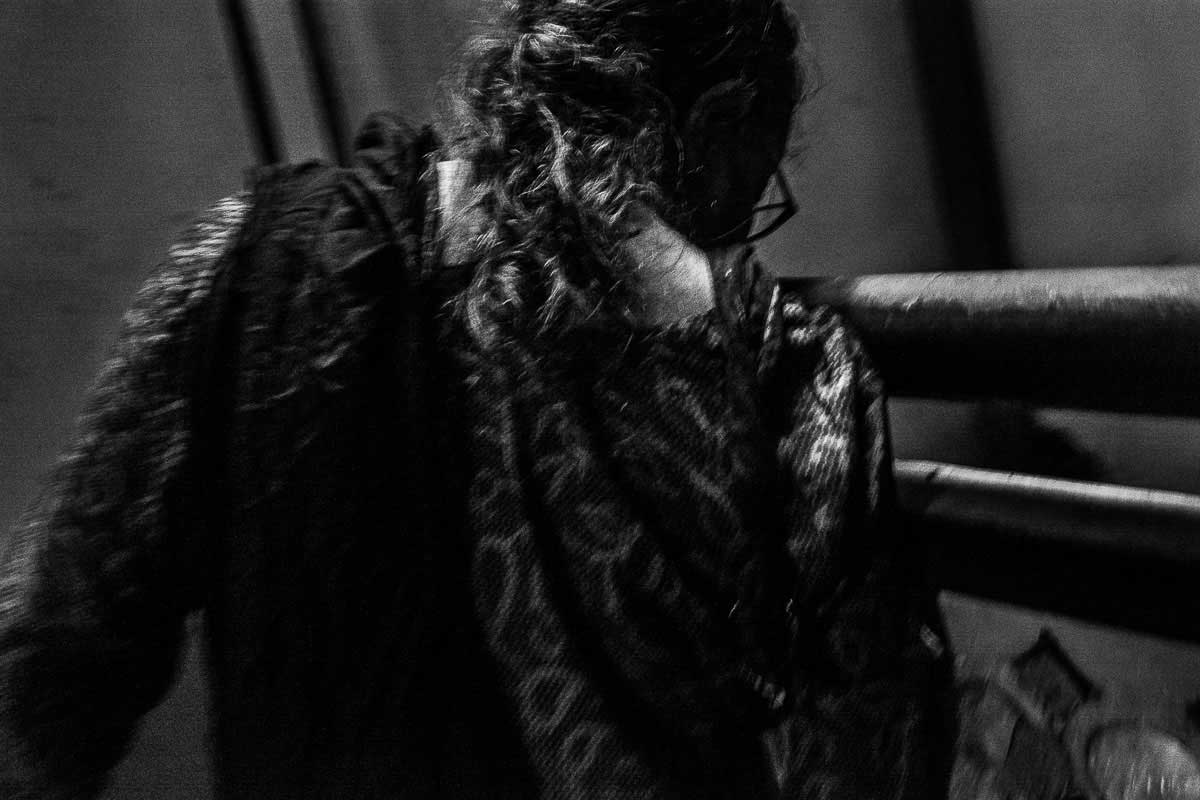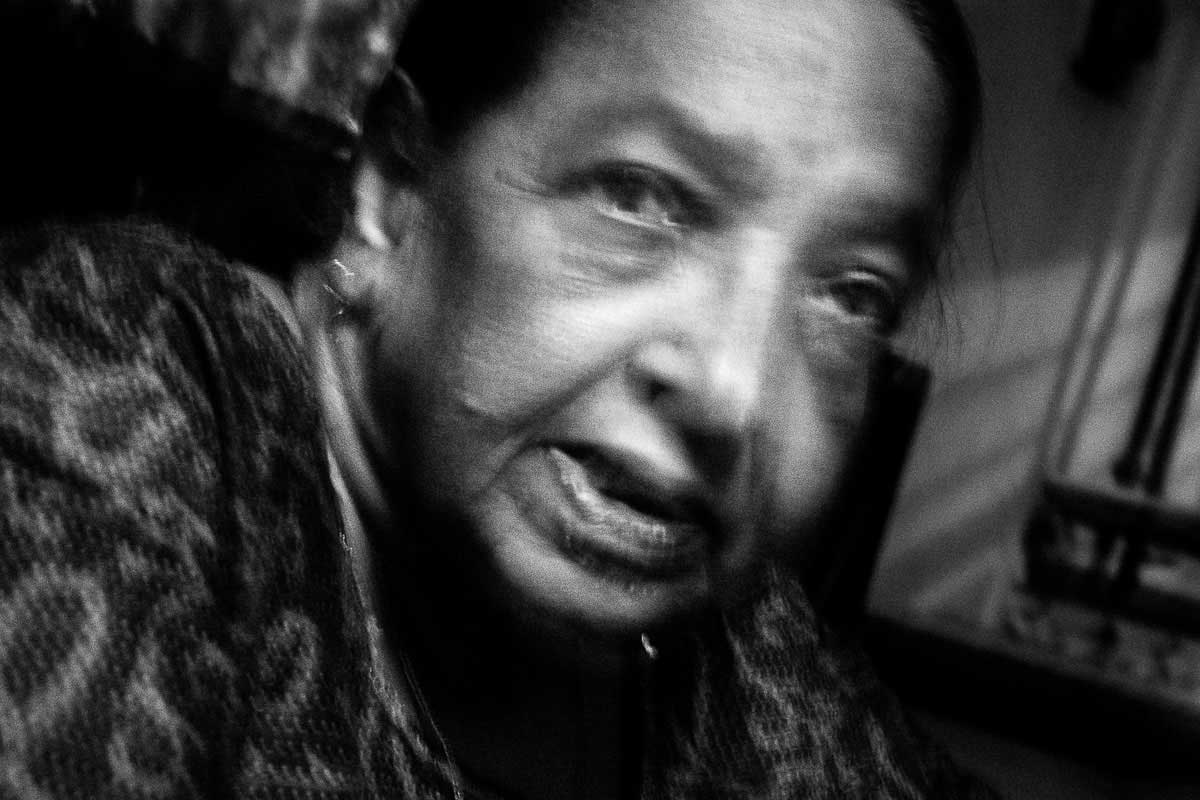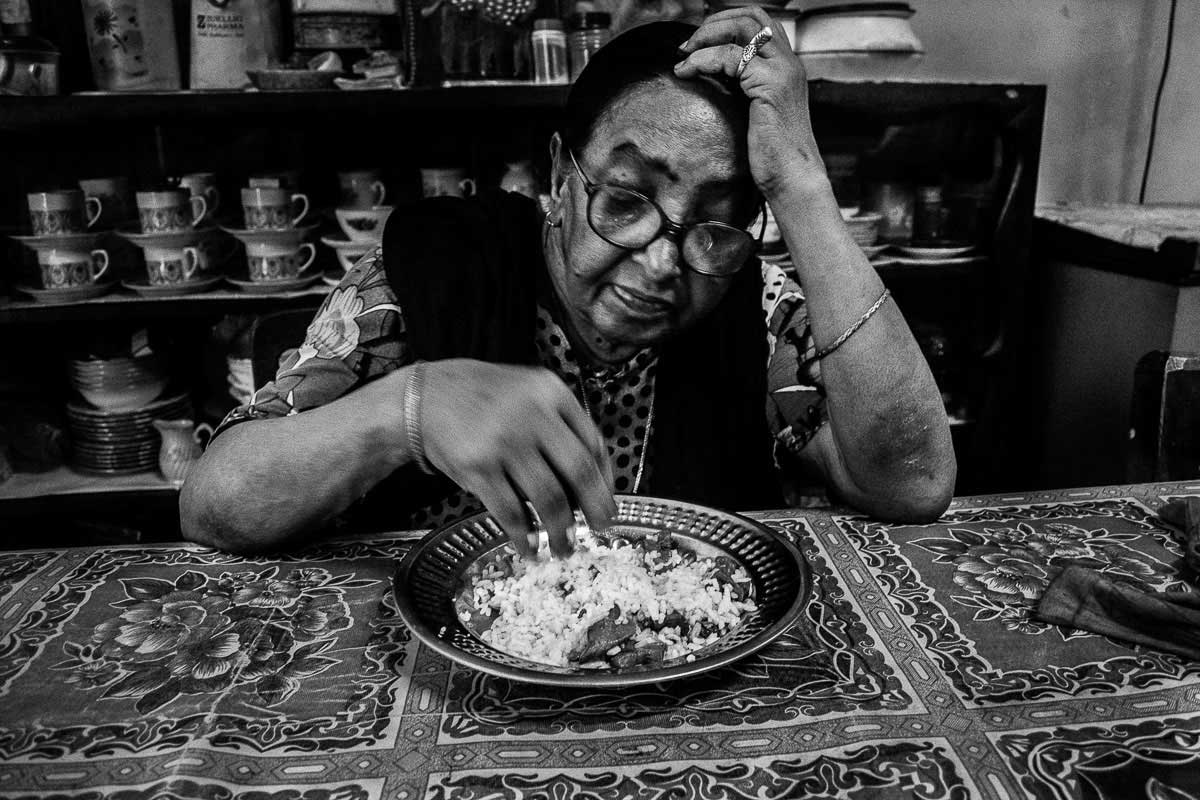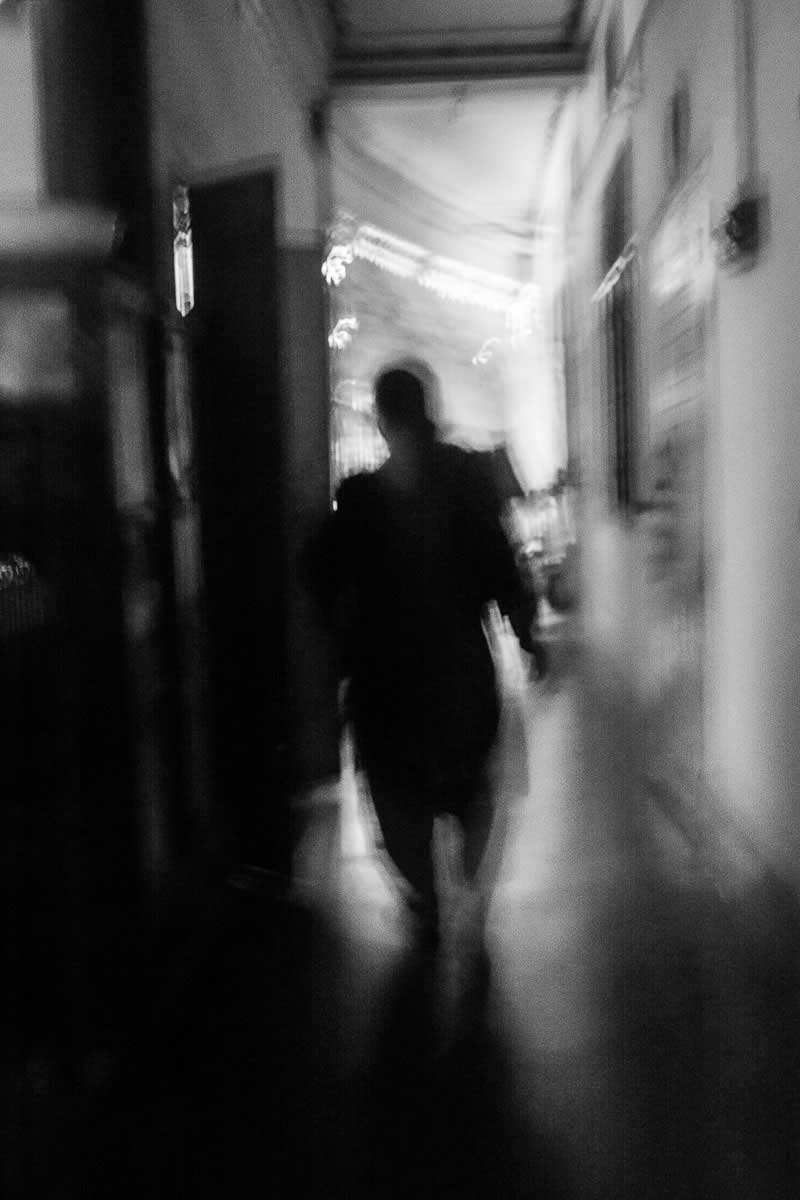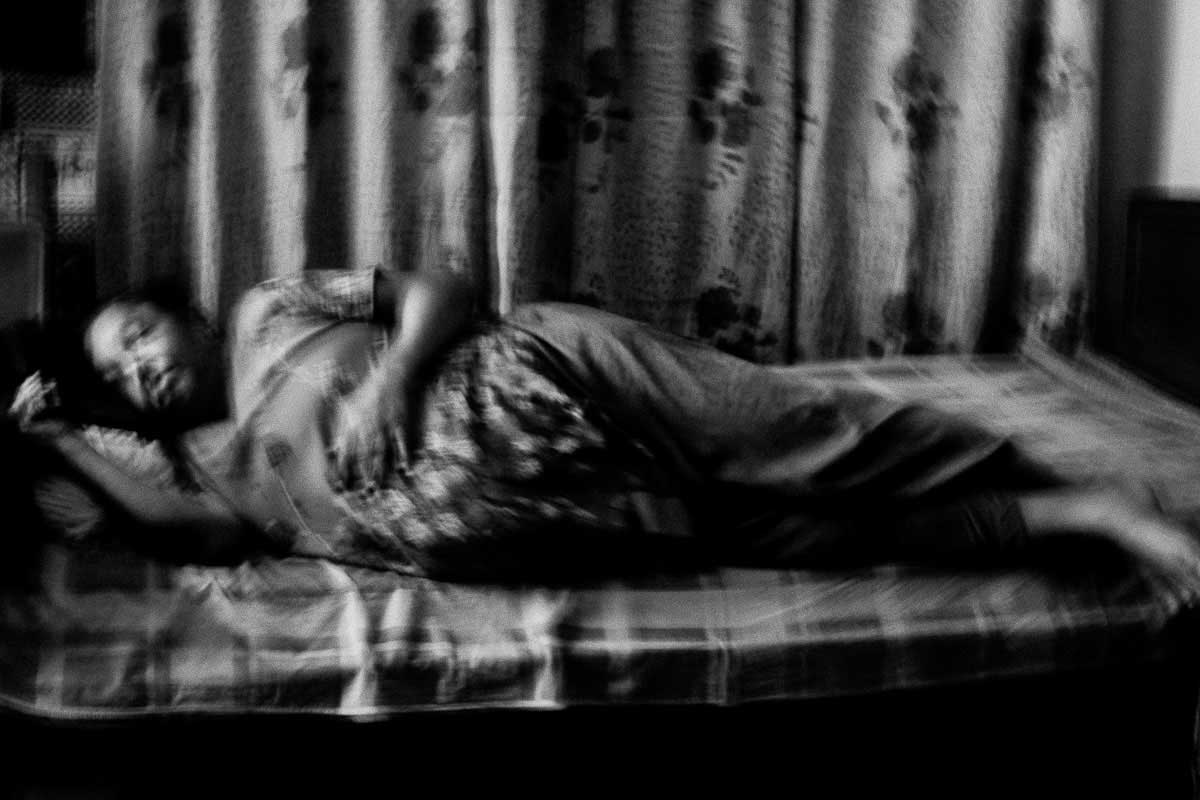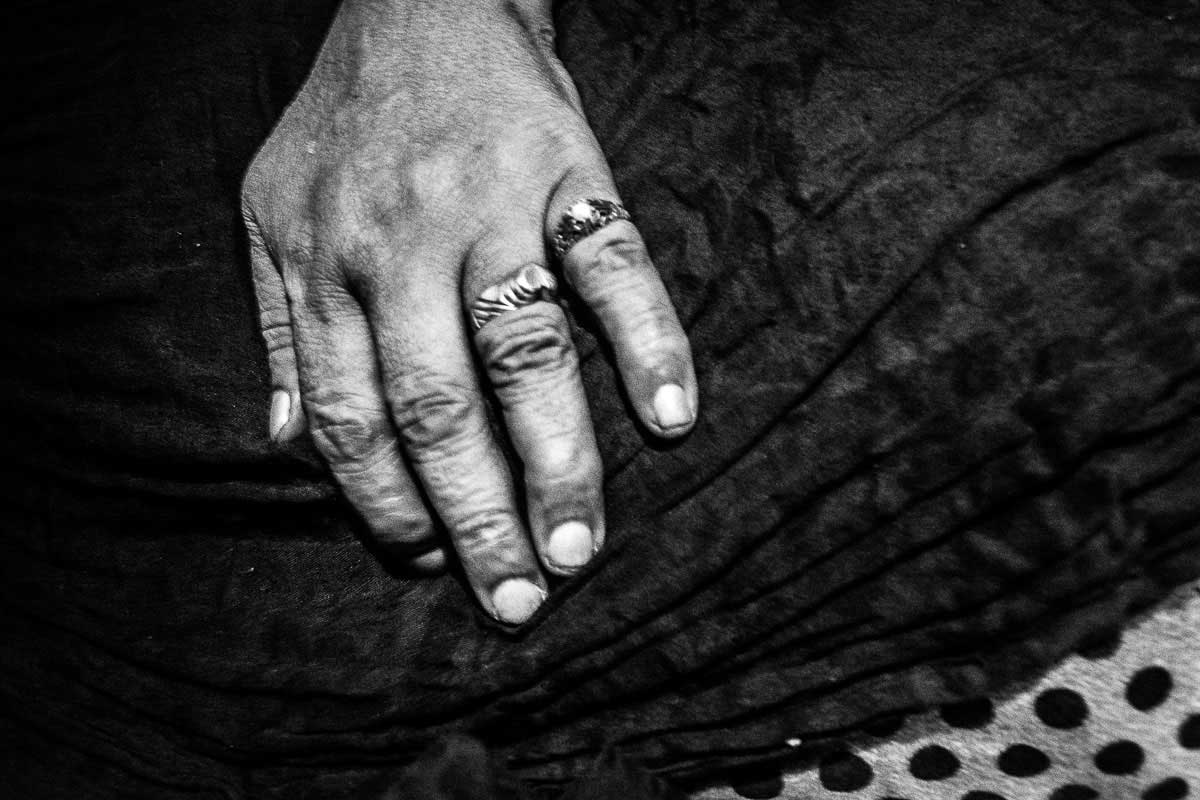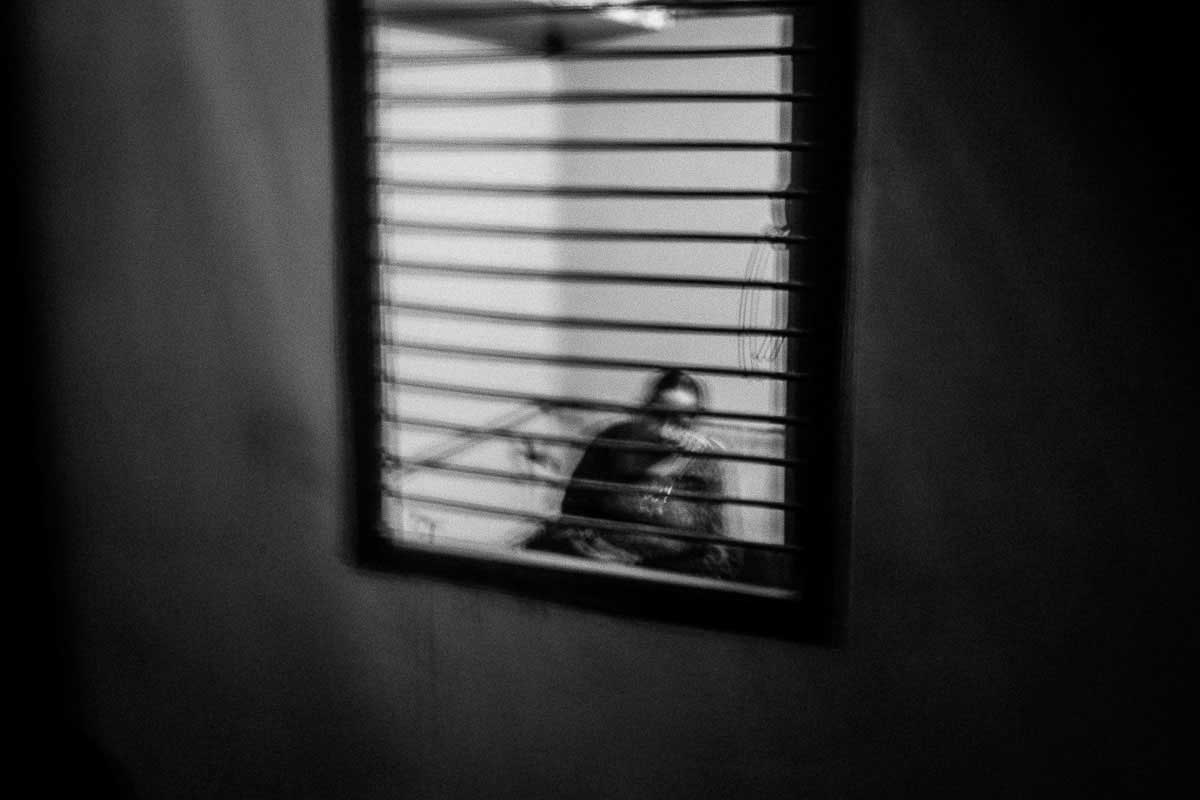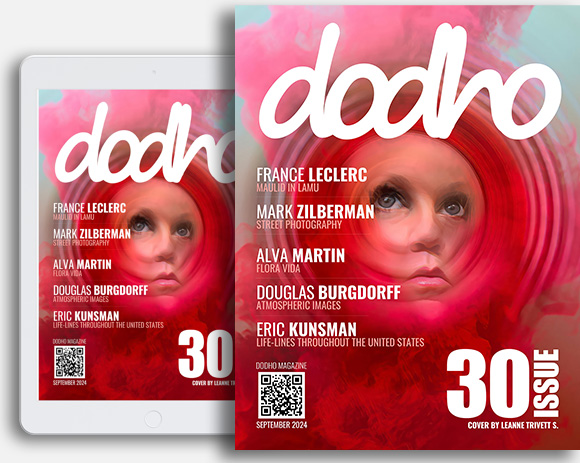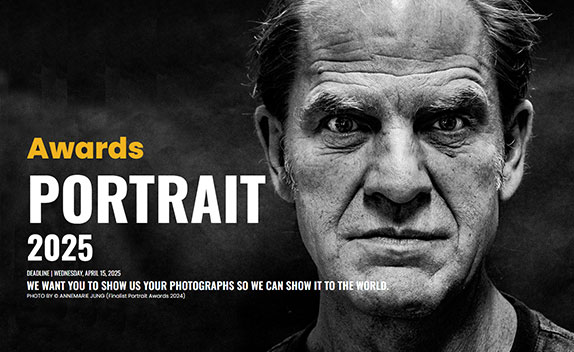From my very infancy, I haven’t been living under the protective shade of my paternal grandmother ‘Rowshan Ara Begum’ and therefore I could never envision her persona, never understand her sorrows and joys, and seldom felt the strings of my attachment with her until quite recently when I, out of sheer curiosity, stepped into her secluded life.
In an old gargantuan house, all to herself, I was embraced by wide open arms; it almost seemed that she welcomes anyone who visits her with the most affectionate hospitality for the sake of companionship. Her children are the occasional guests now that she is living off her wrinkled skin, she probably knows more about the life of the servant who assist her than her children’s, with the exception of her eldest son, and the house she lives in is the sanctuary for her Alzheimer’s.
Once every now and then, my grandmother had to visit the place she despises the most, hospitals for her gradual degradation of health. In one of those agonizing occasions, I witnessed not only how unfit she looks on the sheets of bare-minimum beds which reek of chemical odor and somber metamorphosis.
As my bonding with her got intimate, I comprehended what she holds close to herself the most in her derailed psychological state and that is the space around her where every inch is a memory of her journey so far, where every act of survival makes her not feel lonely, in spite of being alone. On a much more miserable note, I stayed with her but I saw a million other grandmothers of our society who might have sung sweet lullabies to our ears when we were babies and are now sleeping every night with the fear of eternal sleep; alone, left to decay and become food for worms.
About Mushfiqur Rahman
Mushfiqur Rahman was born in 1990. He is a documentary photographer based in Bangladesh. He has studied at Pathshala South Asian Media Institute.
